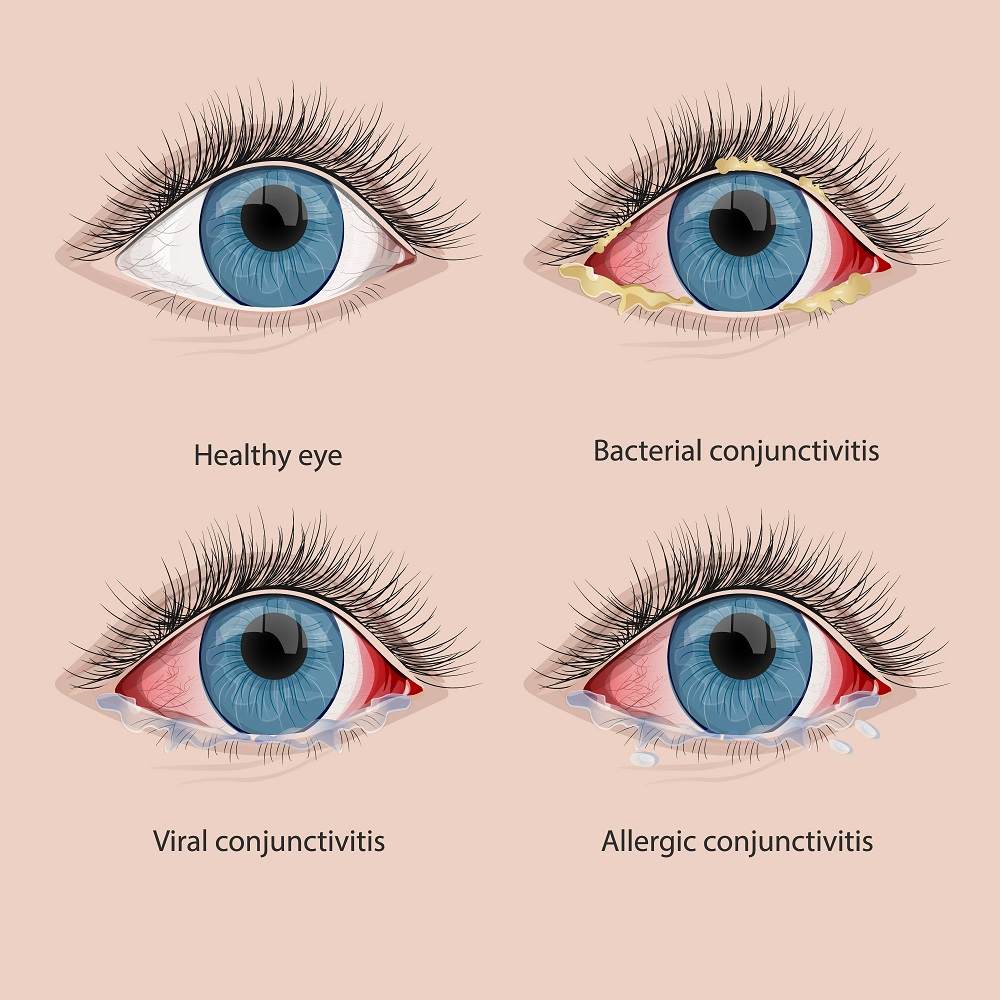Viral conjunctivitis, commonly known as “pink eye,” is a highly contagious eye infection that affects the conjunctiva, the thin membrane that covers the white part of the eye and the inner surface of the eyelids. It is characterized by redness, itching, tearing, and discharge from the eyes. In this article, we will delve into the symptoms, causes, and treatment options for viral conjunctivitis, providing valuable information for those who may be affected by this common eye condition.
Understanding the Symptoms
The symptoms of viral conjunctivitis can vary from mild to severe and typically affect one or both eyes. Common signs and symptoms include:
- Redness of the eye(s)
- Watery discharge
- Itching or irritation
- Swelling of the eyelids
- Sensitivity to light
- Foreign body sensation (feeling like there’s something in the eye)
- Crusting of the eyelids or lashes, particularly upon waking up

Causes and Transmission
Viral conjunctivitis is caused by a viral infection, most commonly from adenoviruses. These viruses are highly contagious and can be easily transmitted from person to person through direct contact with infected eye secretions or contaminated surfaces. Sharing personal items such as towels, makeup, or eye drops can also contribute to the spread of the infection.
Diagnosis and Treatment
If you suspect that you have viral conjunctivitis, it is essential to seek medical attention for a proper diagnosis and appropriate treatment. An eye care professional, such as an ophthalmologist or optometrist, can evaluate your symptoms and perform necessary tests to confirm the viral infection.
While conjunctivitis typically resolves on its own within one to three weeks, treatment focuses on symptom relief and preventing the spread of the infection. Some common treatment approaches include:
- Artificial Tears: Lubricating eye drops or ointments can help alleviate dryness, discomfort, and irritation associated with viral conjunctivitis.
- Cold Compresses: Applying a clean, cold compress to the affected eye(s) can help reduce swelling, soothe inflammation, and provide temporary relief from symptoms.
- Hygiene Measures: Practicing good hygiene is crucial in preventing the spread of conjunctivitis. It is essential to wash hands frequently, avoid touching or rubbing the eyes, and refrain from sharing personal items with others.
- Antiviral Medications: In some cases, antiviral medications may be prescribed to treat severe or persistent conjunctivitis. These medications help combat the viral infection and reduce symptoms.
FAQs (Frequently Asked Questions)
Yes, viral conjunctivitis is highly contagious. It can easily spread from person to person through direct contact with infected eye secretions or contaminated surfaces.
Viral conjunctivitis typically resolves on its own within one to three weeks. However, the duration may vary depending on the severity of the infection and individual factors.
It is generally recommended to avoid wearing contact lenses while experiencing symptoms of conjunctivitis. Contact lenses can exacerbate irritation and discomfort and may increase the risk of spreading the infection.
Yes, viral conjunctivitis can affect one or both eyes. It often starts in one eye and may spread to the other eye if proper hygiene measures are not followed.
While it may not be possible to completely prevent conjunctivitis, practicing good hygiene can significantly reduce the risk of infection. Washing hands regularly, avoiding touching or rubbing the eyes, and refraining from sharing personal items can help prevent the spread of the virus.
It is advisable to seek medical attention if you experience severe symptoms, persistent discomfort, worsening of symptoms, or if the condition does not improve within a few days. An eye care professional can provide a proper diagnosis and recommend appropriate treatment options.
Conclusion
Viral conjunctivitis, or pink eye, is a contagious eye infection that can cause discomfort and affect your daily life. Understanding the symptoms, causes, and treatment options is essential for managing this condition effectively. If you suspect you have viral conjunctivitis, it is important to consult an eye care professional for proper diagnosis and guidance. By practicing good hygiene and following recommended treatment measures, you can alleviate symptoms, prevent the spread of the infection, and promote a speedy recovery.
